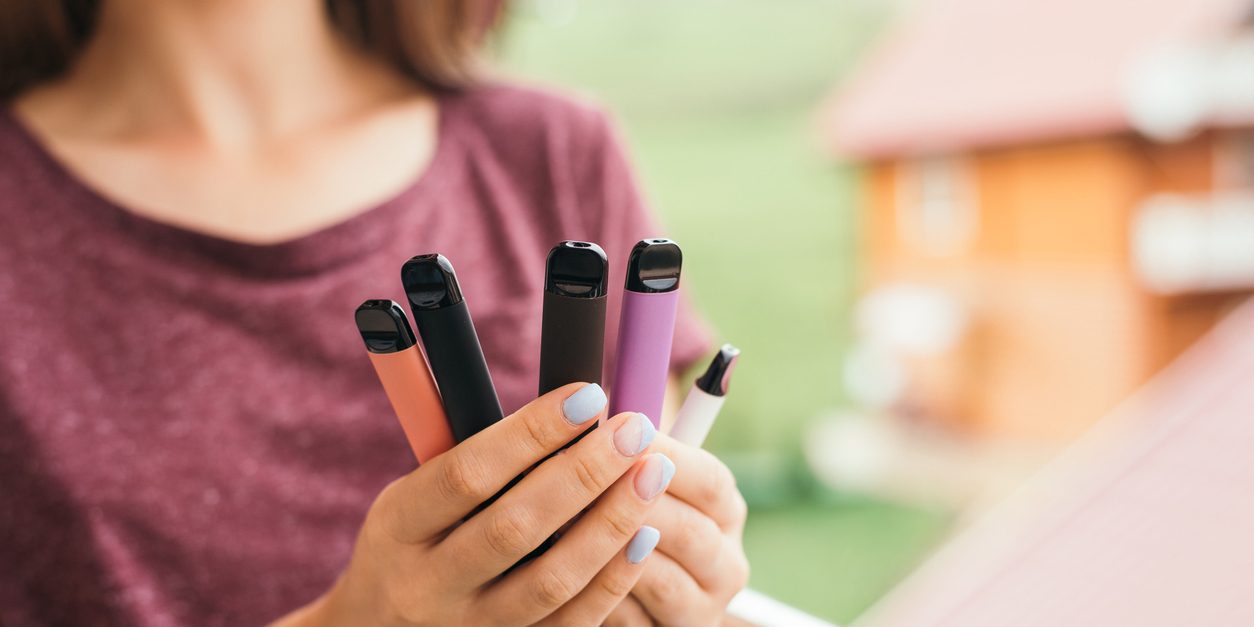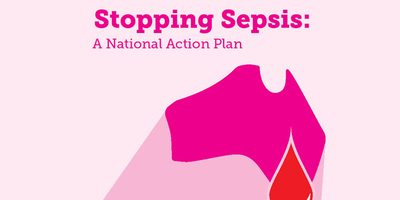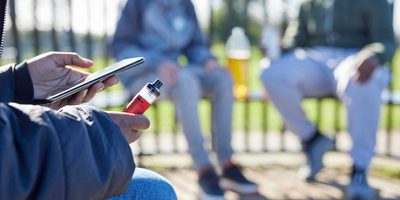The George Institute for Global Health is pleased to contribute a written submission to the Department of Health and Aged Care on the consultation for the Role and Functions of an Australian Centre for Disease Control (CDC) Prevention-Promotion-Protection consultation paper.
The George Institute joins our consumer and public health colleagues in welcoming the establishment of an Australian CDC.
“The establishment of an Australian CDC is a once in a generation reform that could truly change the face of healthcare in Australia” said Professor Bruce Neal, Executive Director, The George Institute Australia.
“With adequate funding and support, a CDC can provide the Australian public with clear and transparent health advice and equip policy makers with crucial up-to-date, evidence-based guidance on global health threats.
“After years of public health advocates calling for the establishment of a CDC, the recent experience of the COVID-19 pandemic clearly showed the need for an agile, coordinated body to deal with new and emerging health threats of national and international significance. We are pleased the Albanese Government has responded to this need and are seeking input from the public health and medical research sector” said Professor Neal.
The George Institute is committed to the establishment of a CDC that will see reductions in health burdens for all Australians, now and into the future. In addition to providing direct feedback to questions within the discussion paper, The George Institute also provided additional recommendations and broad support for:
- Inclusion of prevention within the CDC
- Recognition of social, cultural and environmental determinants of health
- Transparency and independence
- Building workforce capacity
- Conducting research as a function of the CDC
We welcome the opportunity to further engage with the Department of Health and Aged Care as the structure and remit of the CDC is developed. To read our full submission, click here.


















